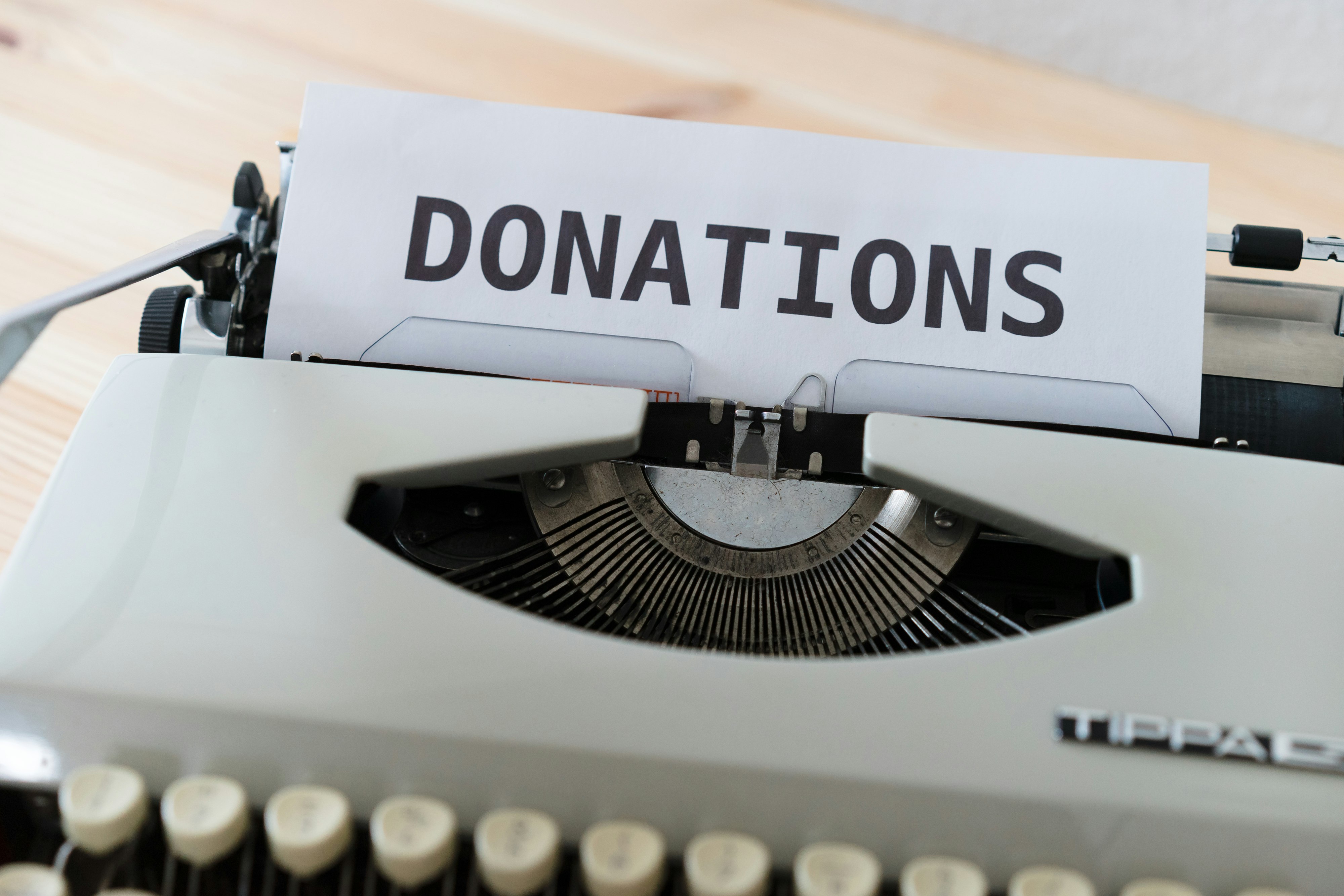Estimated reading time: 2 minutes, 37 seconds
DonateWiseNow Contributes to National Retail Federation Guidelines
Donations generated by retailers for nonprofits through point-of-sale fundraising, which the Cause Marketing Forum estimated at nearly $360 million in 2012, are expected to increase again in 2014. And while growing consumer confidence in making donations while completing transactions is one reason, a leading retailer’s organization expects to take ‘charity at checkout’ to the next level by implementing standards that will simplify the process for both merchants and the nonprofits that ultimately benefit.
The Association for Retail Technology Standards (ARTS), a division of the National Retail Federation, expects to release the “ARTS Interface for Donation Technical Specifications” early next year, pending final reviews, creating a global standard for vendors that will simplify the fundraising interface for electronic donation processors. The move is expected to lower costs and aid compliance efforts for retailers while enabling more nonprofits to have donations solicited for them.
“Charity at checkout is the fastest-growing form of donor engagement, with 50% of contributors having given there, but there was no integration standard that spoke to all the different systems, processes, and nonprofits retailers might want to affiliate with,” said DonateWiseNow Founder Robert DiMattina, a contributing member of the ARTS committee. “We’re happy to help shape this important policy by providing direction on what retailers need to do to be fully compliant with regulatory requirements.”
DiMattina worked with ARTS leaders that included representatives from Oracle, Cisco, and Toshiba, among others. The group’s micro-donation standard is flexible enough to handle fixed donations, rounding up, and matching programs. It applies to in-store and online sales, and handles multiple payment methods and charities, while allowing for custom messages on receipts.
“ARTS is excited to be part of developing these charitable platforms that will help give back to the world we live in,” said National Retail Federation Vice President of Retail Technologies Tom Litchford. “We expect the impending release of the standard developed by over 20 participating companies to have a significant impact in the time to come and especially appreciate DonateWiseNow’s commitment of time, resources and expertise in assuring the standard meets industry requirements.”
The guidelines should be a win-win-win for businesses, nonprofits, and consumers, based on Cause Marketing Forum research, since associating a retailer’s brand with specific, related charities helps consumers better identify with brands and drives additional sales. Giving to local charities, which 74% of customers prefer, also helps retailers better serve deserving causes in their community.
Still, even the best intentioned merchants can struggle with trying to comply with the myriad of fundraising rules and regulations. That’s why the experience DiMattina gained guiding DonateWiseNow was important.
“To date, DonateWiseNow is the only company with a charitable checkout solution that is fully registered and bonded in all required states, allowing merchants to affiliate with nearly any 501(c)(3) organization without having to manage the regulatory and reporting compliance often required from fundraisers. Bringing that expertise to the ARTS committee’s integrated standard was our contribution to the future success of electronic, retailer-connected philanthropy,” said DiMattina.
Latest from News
- Kentucky Nonprofit Expands Program, Connecting Tech-Savvy Teens with Local Organizations
- OpenAI's Nonprofit Arm Reportedly Generated $45,000 in Revenue Last Year
- Nonprofit Pays Off Mortgage for Family of Fallen Georgia Tech Officer
- Discover How Nonprofits Can Bridge the Generational Gap in Philanthropy
- Nonprofits Can Now Take Advantage of AI with Social Enterprise Greenhouse Partnership
Most Read
-

-
Feb 16 2009
-
Written by Kurt Martin
-
-

-
Jul 22 2016
-
Written by Jennifer Flaten
-
-

-
Sep 12 2013
-
Written by Jennifer Flaten
-
-

-
Jun 25 2010
-
Written by Bob Alves
-












